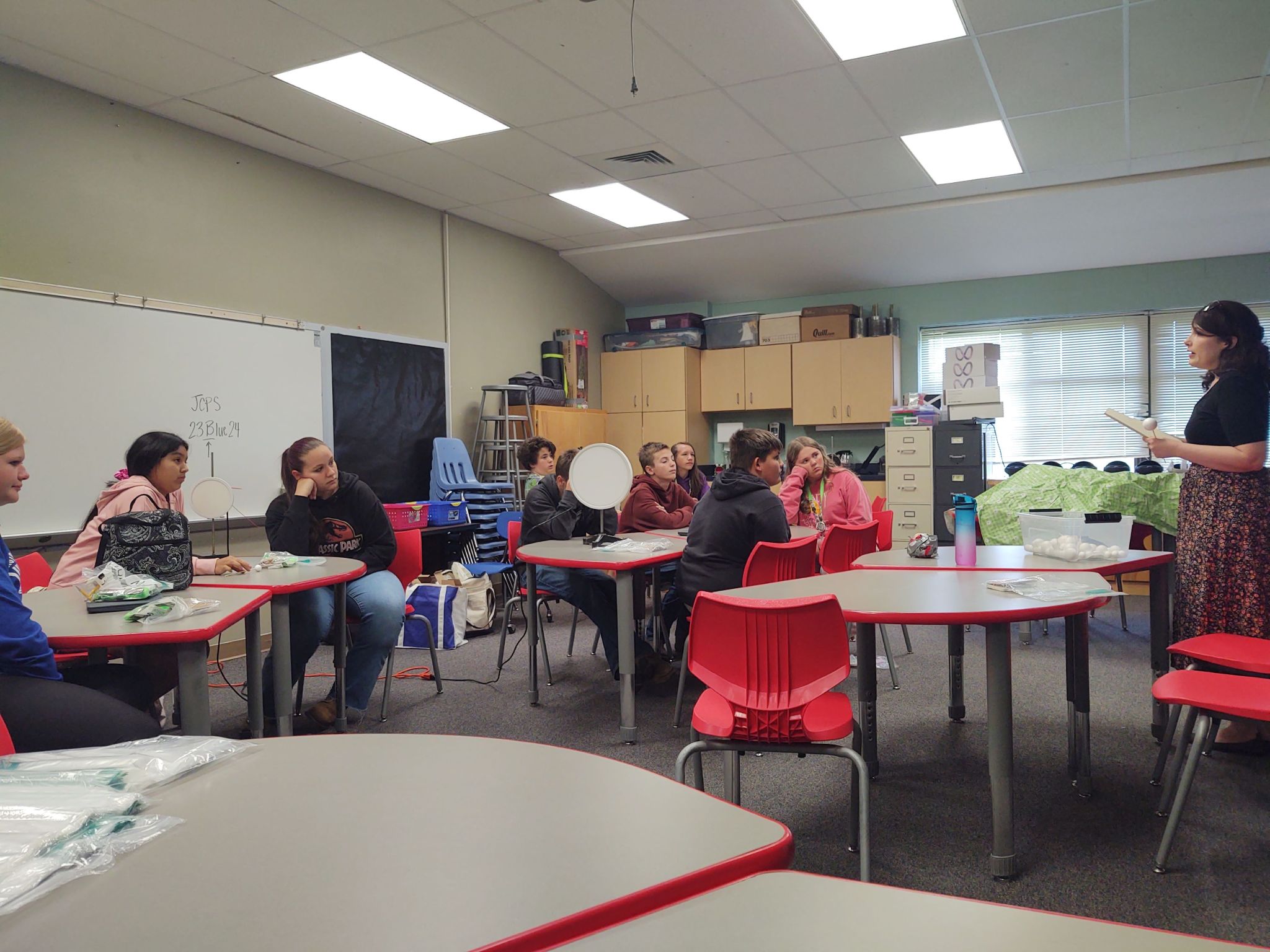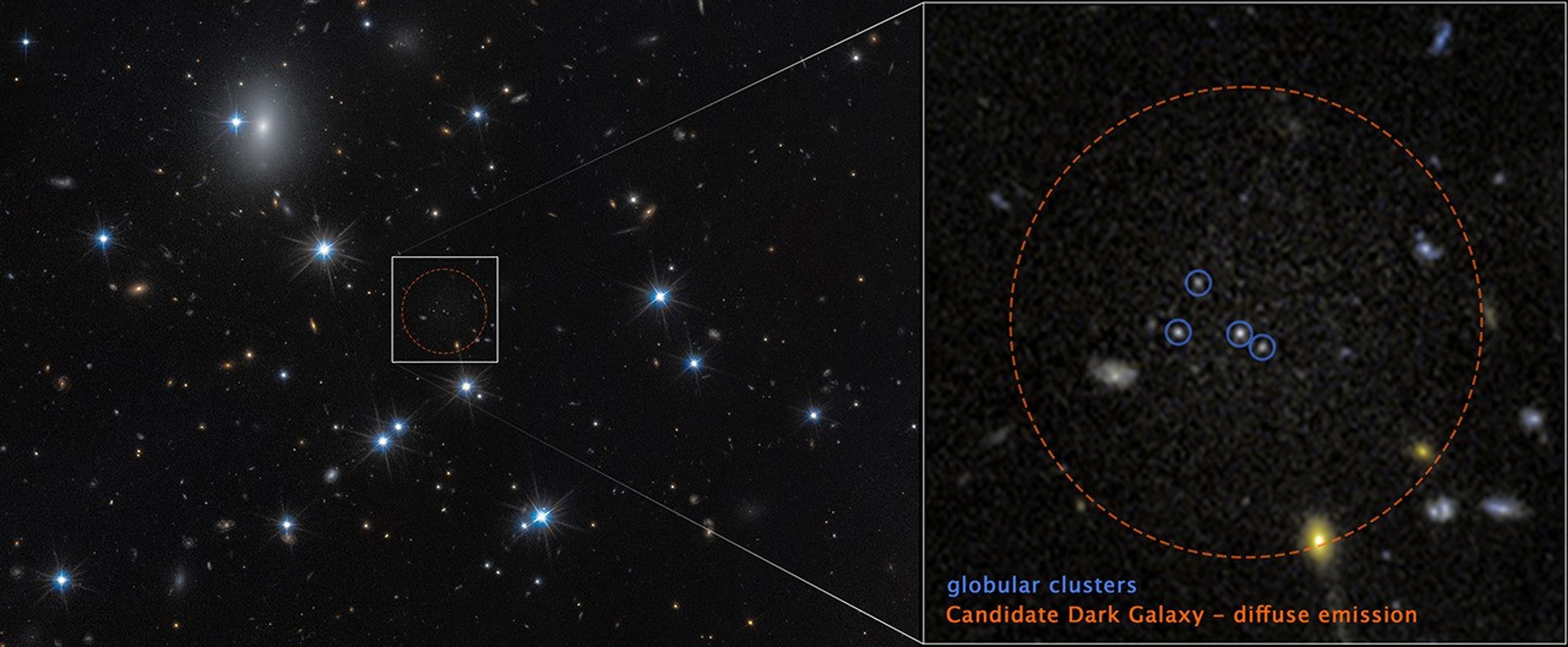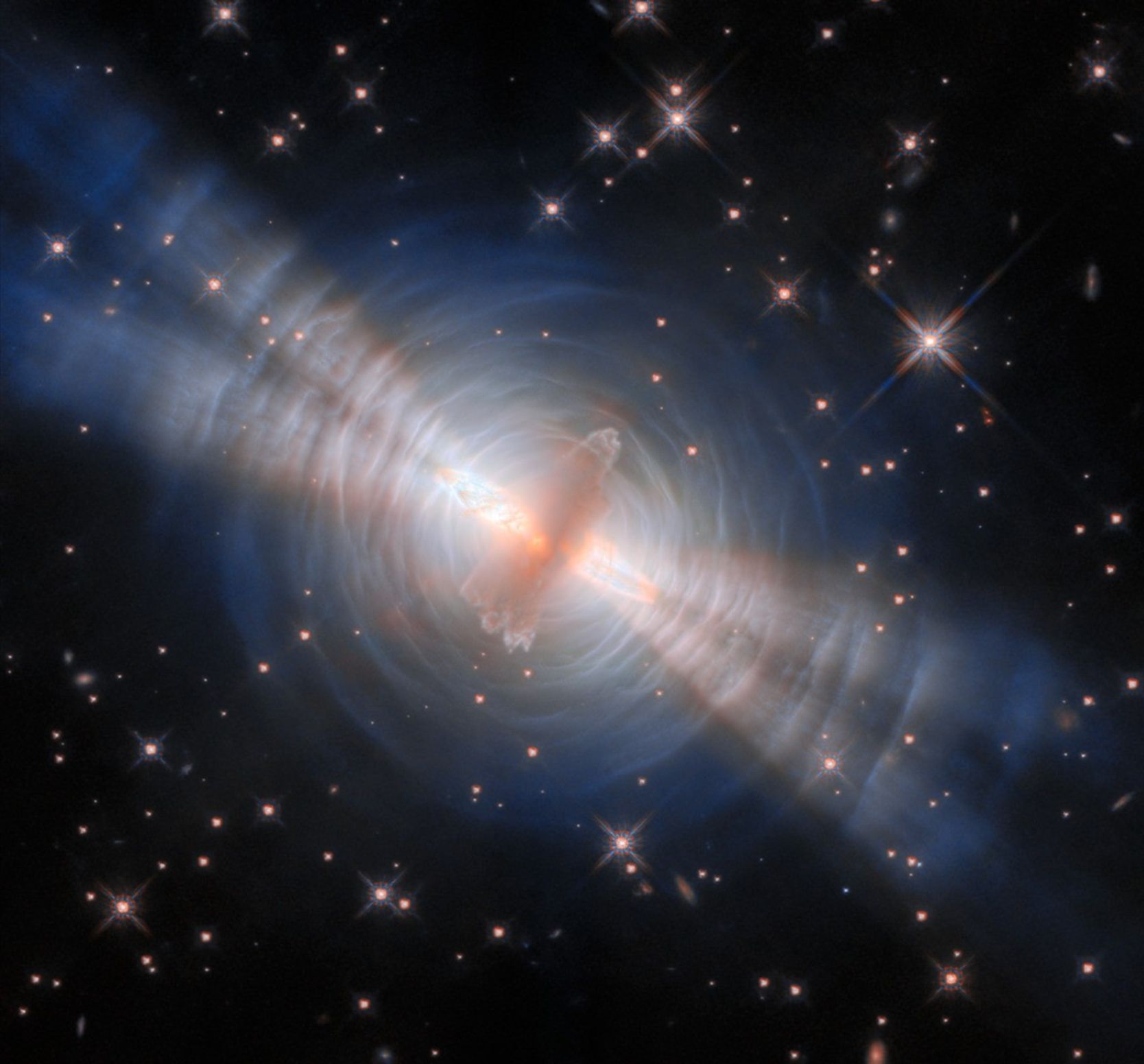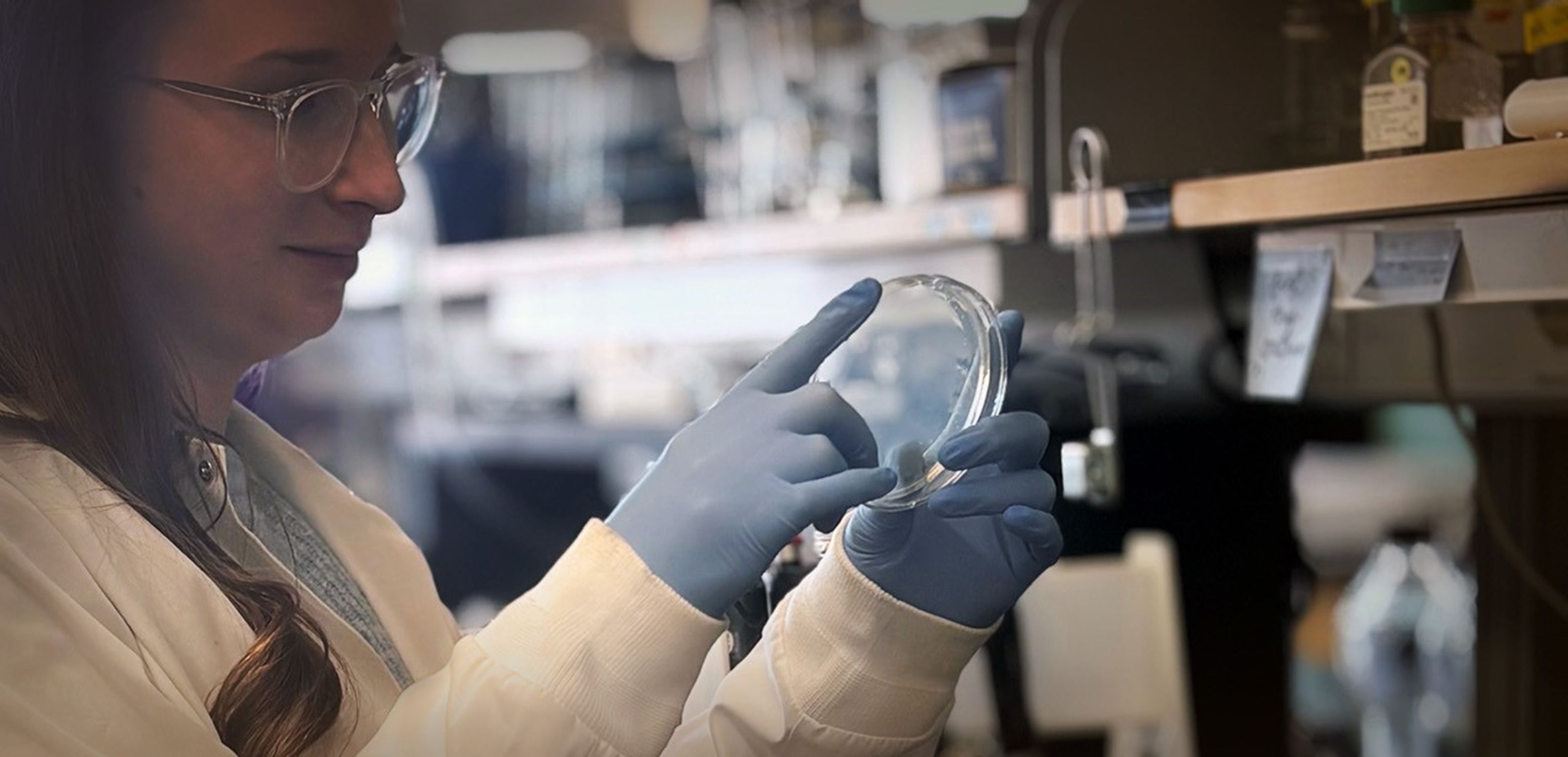Teachers at Smokey Mountain Elementary School have collaborated with the NASA Science Activation (SciAct) program's Smoky Mountains STEM (Science, Technology, Engineering, and Mathematics) Collaborative (SMSC) and project coordinator, Randi Neff, to create a summer camp for students who are passionate about STEM topics. What started as a small summer camp has since evolved into Astro Camp, a two-week community program from the NASA Astro Camp Community Partners (part of the NASA SciAct program infrastructure) with many engaging student activities.
Many students have enjoyed this camp from the beginning, and those who have participated annually have become increasingly interested in more challenging and robust activities to continue their learning adventures. With the help of SciAct's NASA SCoPE (the NASA Science Mission Directorate Community of Practice for Education) team, Neff was able to connect teachers with a NASA Subject Matter Expert, Dr. Alissa Bans, to help draft new, challenging activities for the students who were ready to take them on in June 2024. Of course, new attendees and learners continued to excitedly engage in the foundational Astro Camp activities, as appropriate for their learning levels.
Thanks to Dr. Bans and the ongoing collaboration of these three SciAct teams, returning campers took on new challenges identifying and observing goldilocks exoplanets and zones (habitable planets outside our solar system and zones where conditions might be just right – neither too hot nor too cold – for life) and exploring the various conditions that might support life on a planet. Having the opportunity to seek out and tackle more advanced STEM topics, learners developed critical thinking skills and found satisfaction in expanding their science identities.
The Smoky Mountains STEM Collaborative, NASA SCoPE, and NASA Astro Camp Community Partners projects are supported by NASA as part of the Science Activation program portfolio. Learn more about how Science Activation connects NASA science experts, real content, and experiences with community leaders to do science in ways that activate minds and promote deeper understanding of our world and beyond: https://science.nasa.gov/learn




































